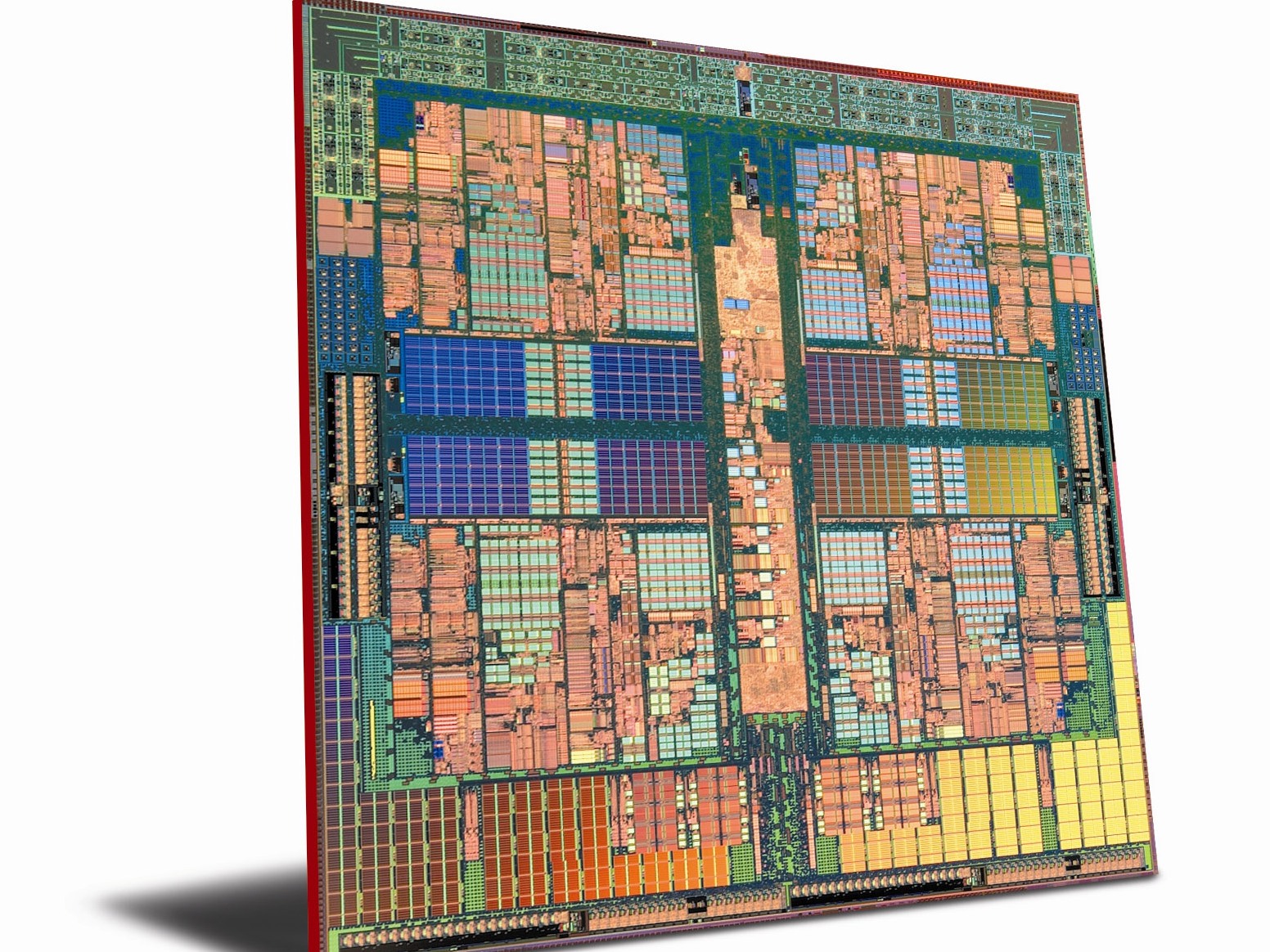AMD: 'we blew it on quad-core'
Hardware bug must be fixed before volume sales can begin

Sign up for breaking news, reviews, opinion, top tech deals, and more.
You are now subscribed
Your newsletter sign-up was successful
"We blew it and we are very humbled by it." So said AMD CEO Hector Ruiz, yesterday, referring to the company's troubled quad-core desktop and server processors. Significantly, AMD admitted that a design tweak will be necessary before the chips can be sold in full retail volumes.
As Tech.co.uk has reported, AMD's new quad-core CPUs have suffered from a whole host of problems. In both Opteron server and Phenom desktop trim, the new chips were launched at disappointing clockspeeds. Based largely on the existing K8 core, the architecture underlying AMD's quad-core processors is also arguably too conservative to take the fight to Intel's Core 2 family.
Making matters worse, all of AMD's new quad-core processors harbour a hardware error or circuitry erratum, broadly referred to as the TLB logic bug.
Plummeting performance
AMD has released a BIOS fix that solves the stability problems caused by the bug. However, independent testing has found the fix can reduce performance by as much as 50 per cent. AMD, meanwhile, has claimed the performance fall off is typically 10 per cent.
At yesterday's meeting, AMD said revised, bug-free chips would begin sampling in January 2008. Nevertheless, Ruiz conceded that AMD's customers had been "let down" by AMD's failure to successfully launch its quad-core architecture.
AMD also came clean about the likely roll out of server systems based on its quad-core technology. As recently as last week, AMD told Tech.co.uk that quad-core Opteron production is in full flow. However, Ruiz yesterday conceded that partners would not begin shipping systems until late Q1 2008 or early Q2. In other words, AMD's customers have chosen to wait for the bug-free chip.
And, of course, both Phenom and quad-core Opteron were already at least six months late to market at launch.
Sign up for breaking news, reviews, opinion, top tech deals, and more.
Where now for AMD?
Once the "fixed" revision of quad-core Opteron and Phenom is rolled out, a return to profitability will be AMD's number one priority. According to Ruiz, AMD plans to tighten capital expenditure from $1.7 billion this year to just $1.1 billion in 2008.
Intriguingly, AMD also claimed that it will ramp up production of its upcoming 45nm processors by the end of the first half of 2008. As recently as November, Tech.co.ukwas told by an AMD representative that we should not expect 45nm chips until the end of next year.
Along with other measures, all of this will allow AMD to return to profitability in 2008, Ruiz claimed. However, quite how the cost cutting will square with AMD's desperate need to invest in more competitive products is not clear.
The future's fabless?
Earlier this year, AMD announced a new "asset light" strategy, leading to rumours of plans to make a shift towards a so-called "fabless" chip production strategy. Under the fabless model, AMD would design and engineer processors, and then commission a third-party foundry company for production. AMD's graphics subsidiary ATI uses just this strategy for its Radeon 3D chips. Yesterday, AMD renamed the new strategy "asset smart," but reportedly refused to comment on the details.
But speaking exclusively to Tech.co.uk last week, AMD's European Technical Director Giuseppe Amato flatly denied that AMD was planning go fabless. Amato claimed that only by having its own production facilities could AMD hope to meet demand in the long term and deliver the growth that the company's shareholders demand.
Fighting back
Despite all the soul searching, some AMD executives also struck a defiant tone. "We feel like the quad-core issues really overshadowed some of the positive achievements that we as a company have made since Q1," said Dirk Meyer, AMD's Chief Operating Officer told investors.
What achievements might those be? Maintaining or increasing market share in most segments and an upward "trending" of its processor prices, AMD claims. But overall, 2007 has been a terrible year for AMD, plain and simple.
In recent months, the level of disinformation has reached epic proportions as AMD has adjusted its stance and changed its story regarding its troubled quad-core chips. Therefore, here's hoping yesterday's admission of failure is the first step on the way to recovery for an extremely important company.
After all, a healthy AMD prevents a Intel from establishing a suffocating monopoly. And monopolies are never a good thing for competition and innovation. Just look at Microsoft for proof.
Technology and cars. Increasingly the twain shall meet. Which is handy, because Jeremy (Twitter) is addicted to both. Long-time tech journalist, former editor of iCar magazine and incumbent car guru for T3 magazine, Jeremy reckons in-car technology is about to go thermonuclear. No, not exploding cars. That would be silly. And dangerous. But rather an explosive period of unprecedented innovation. Enjoy the ride.